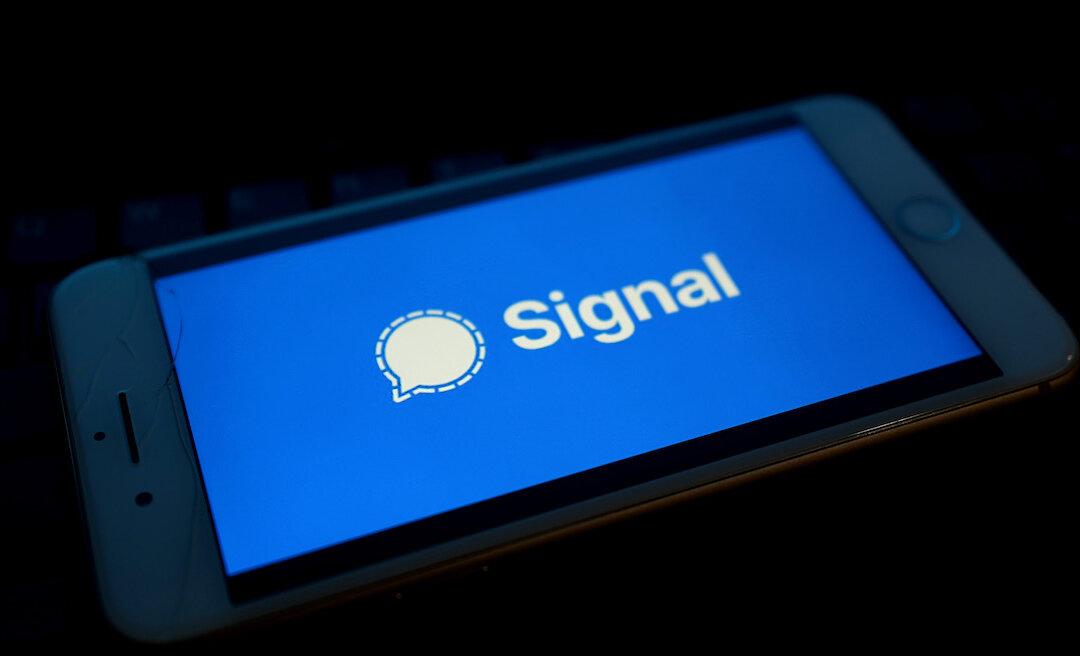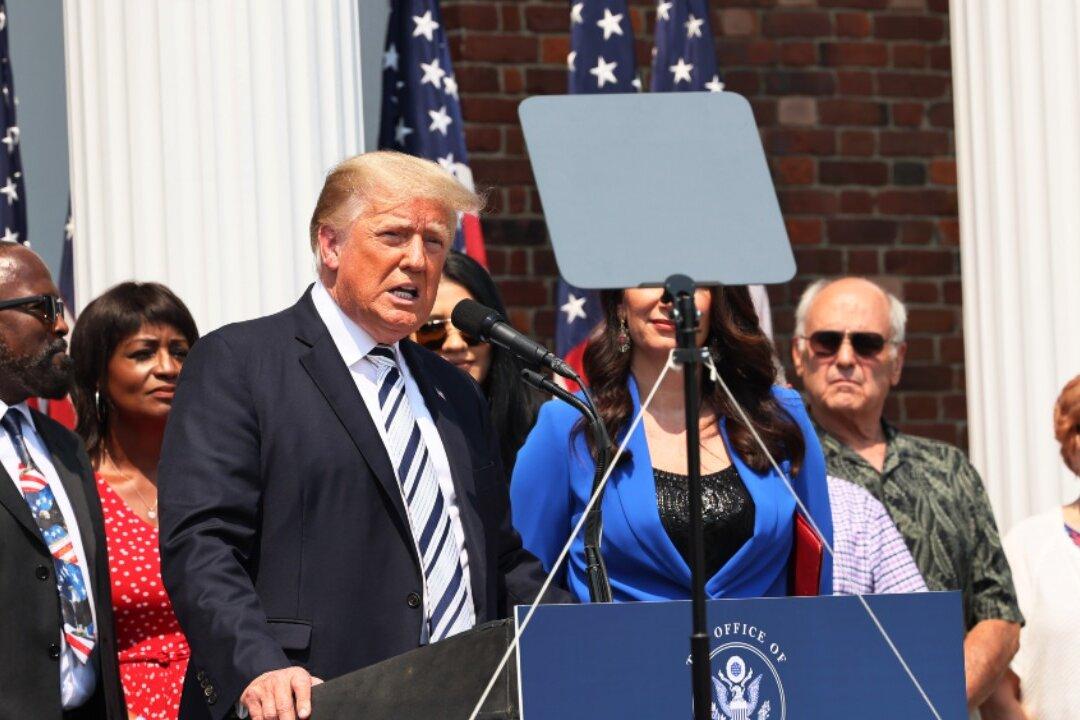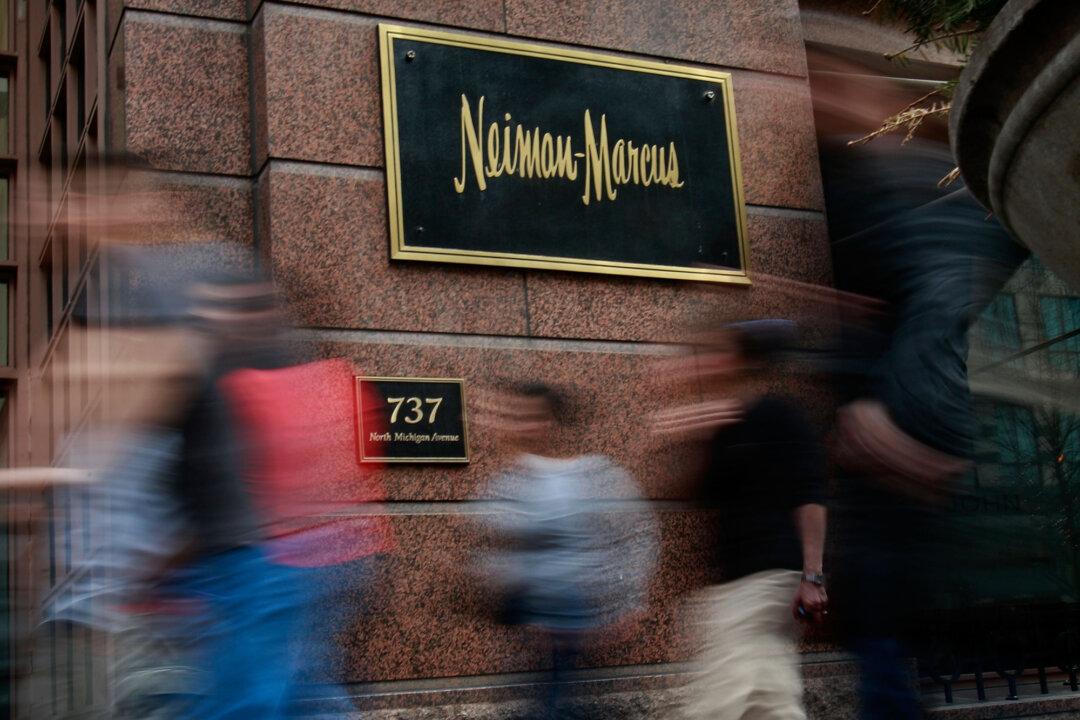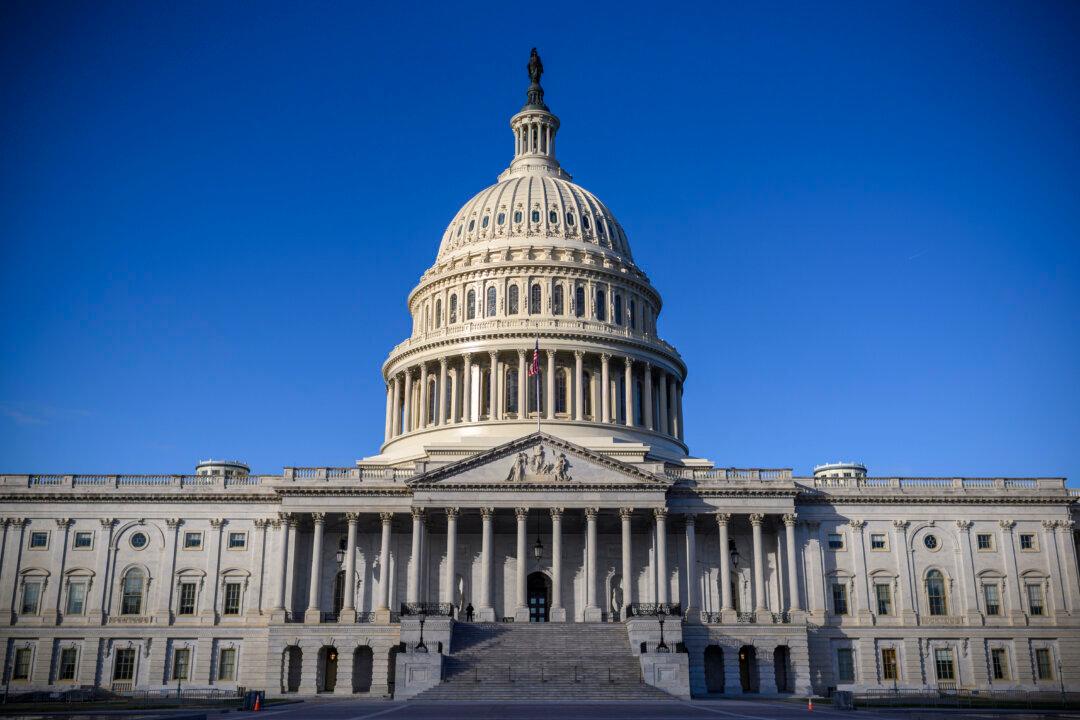“Signal” app is experiencing remarkable growth due to concerns over Big Tech’s recent ban on President Donald Trump and other prominent conservative figures.
The growth spiked even more after messaging app WhatsApp put into place a controversial privacy terms change, which requires the app to share user data with Instagram and Facebook.




